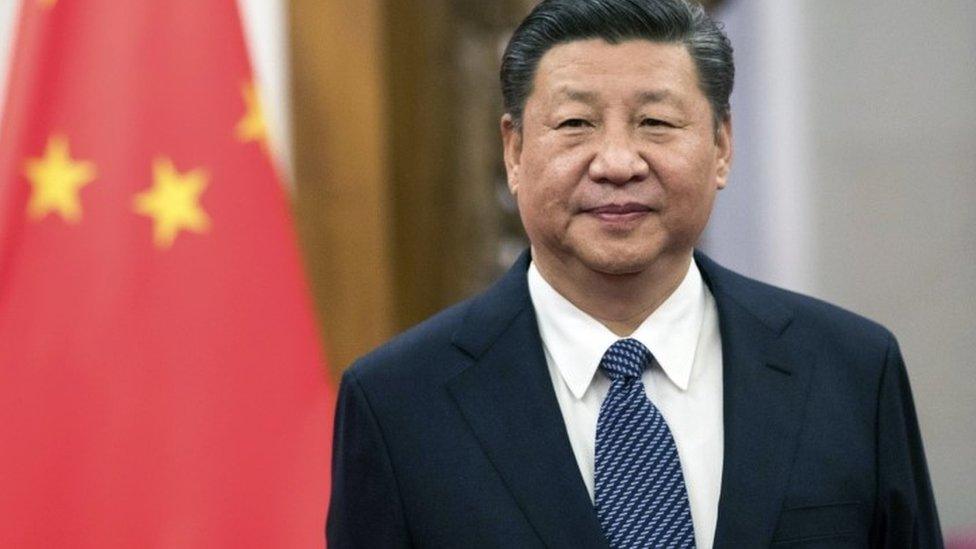- Courses
- GS Full Course 1 Year
- GS Full Course 2 Year
- GS Full Course 3 Year
- GS Full Course Till Selection
- Answer Alpha: Mains 2025 Mentorship
- MEP (Mains Enrichment Programme) Data, Facts
- Essay Target – 150+ Marks
- Online Program
- GS Recorded Course
- Polity
- Geography
- Economy
- Ancient, Medieval and Art & Culture AMAC
- Modern India, Post Independence & World History
- Environment
- Governance
- Science & Technology
- International Relations and Internal Security
- Disaster Management
- Ethics
- NCERT Current Affairs
- Indian Society and Social Issue
- NCERT- Science and Technology
- NCERT - Geography
- NCERT - Ancient History
- NCERT- World History
- NCERT Modern History
- CSAT
- 5 LAYERED ARJUNA Mentorship
- Public Administration Optional
- ABOUT US
- OUR TOPPERS
- TEST SERIES
- FREE STUDY MATERIAL
- VIDEOS
- CONTACT US
MUSLIM WOMEN’S RIGHT TO MAINTENANCE
MUSLIM WOMEN’S RIGHT TO MAINTENANCE
The Supreme Court of India is examining whether divorced Muslim women can claim maintenance under Section 125 of the Criminal Procedure Code (CrPC) against their ex-husbands. The dispute started when a Muslim husband from Telangana refused to pay the maintenance to his wife after the divorce.
What is a Maintenance?
- Maintenance is the financial support one person gives to another, typically during divorce, to help cover living expenses like housing and food.
What is the recent dispute?
- A Muslim man challenged a Telangana High Court's directive to pay ₹10,000 interim maintenance to his ex-wife.
- The wife argued that she must be provided maintenance as per Section 125 of the Code of Criminal Procedure, 1973 (CrPC). Section 125 of CrPC is a secular law which is applicable to all citizens. It allows people who are unable to support themselves, such as spouses, children, or parents, to claim financial support from certain relatives.
- Husband, on the other hand, argued that maintenance should be governed by the Muslim Women (Protection of Rights on Divorce) Act, 1986, as it prevails over Section 125 of the Code of Criminal Procedure, 1973 (CrPC).
What is the Muslim Women (Protection of Rights on Divorce) Act, 1986?
- Each religious community in India is governed by its own set of personal laws in matters such as marriage, divorce, inheritance, and maintenance. Hindu law governs Hindus, Muslim personal law applies to Muslims, and the Special Marriage Act covers inter-religious marriages.
- Earlier, Muslim women could ask for maintenance but not beyond the period of iddat as per the personal laws of Muslims.
- The period of iddat is a time when a Muslim woman waits after her marriage ends. It lasts for about 3 months or until she has her period three times. During this time, she can't marry again.
- Iddat provides time for emotional adjustment after divorce, ensures financial support, and helps determine the father of a child.
- But, in the Shah Bano case (1985), the Supreme Court ruled that Muslim women can get maintenance beyond the iddat period under Section 125 of CrPC as it is a secular law applicable to everyone.
- Later, the government passed a law called the Muslim Women (Protection of Rights on Divorce) Act, 1986 overturning the Supreme Court's ruling. It restricted Muslim women's right to seek maintenance to only the iddat period.
Other related cases:
|
2001 |
In the Daniel Latifi case, the Supreme Court reaffirmed the right of Muslim women to seek maintenance beyond the iddat period under Section 125 of CrPC. |
|
2019 |
The Patna High Court said that divorced Muslim women can ask for maintenance under both Section 125 of the CrPC and the 1986 Act. |
|
2022 |
In the Mujeeb Rahiman vs Thasleena case, the Kerala High Court ruled that a Muslim woman is entitled to claim maintenance from her husband even after the iddat period under Section 125 of the CrPC. |
|
2023 |
In the Noushad Flourish v. Akhila Noushad (2023) case, a Muslim wife who obtained divorce by khula could not claim maintenance under Section 125 of the CrPC. Khula is a procedure in Islamic law where a woman initiates divorce from her husband by seeking his consent and offering him compensation or the return of the dowry (mahr) that he provided at the time of marriage. Both husband and wife have to agree to the divorce for it to happen. |
|
2024 |
The recent case from Telangana for which the Supreme Court is examining the maintenance issue. |
Conclusion: The Supreme Court's decision will affect the rights of divorced Muslim women and how different laws work together in India.



